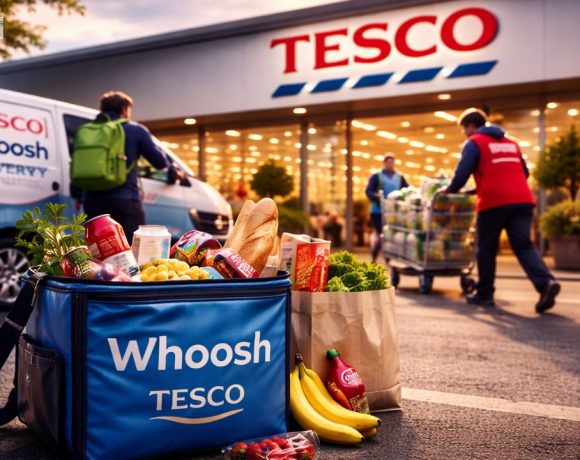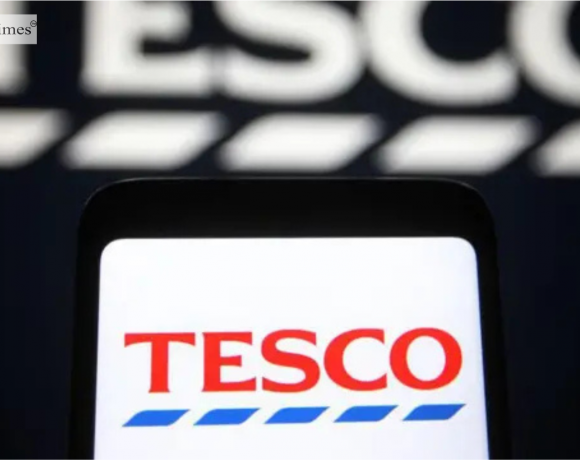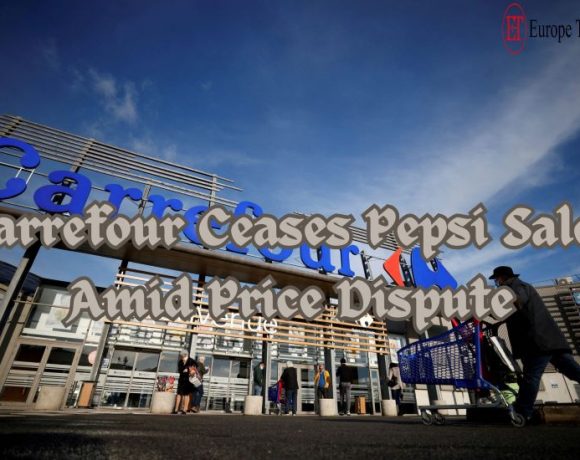
Tesco has transformed the once-feared threat of rapid-delivery startups into a competitive advantage, as its Whoosh service gains pace and strengthens the retailer’s online business. Five years after warning that fast grocery apps could chip away at supermarket dominance, Tesco now delivers groceries in as little as 20 minutes from its own stores. The retreat of loss-making quick-commerce players has left Tesco well positioned to capture demand, using its scale, store network and marketing power.
Whoosh now operates from about 1,600 Tesco stores and reaches over 70% of UK households, with staff picking orders and delivery handled by partners such as Uber Eats and Just Eat. Sales through the service rose 47% year-on-year in the 19 weeks to early January, adding more than 250,000 new customers, while Tesco’s overall online sales grew 11.2%. Industry estimates show the UK quick-commerce market growing steadily through 2030, reinforcing rapid delivery as a meaningful growth channel.
The success of Whoosh supports Tesco’s broader ambition to regain a 30% share of the UK grocery market, up from 28.7% currently. Investors see the target as achievable if Tesco maintains execution discipline and avoids costly missteps. Despite recent share price gains, Tesco still trades at a valuation discount to global peers, with analysts and shareholders viewing its strong market position and dominance in profits as key strengths going into 2026.
Pic courtesy: google/ images are subject to copyright


